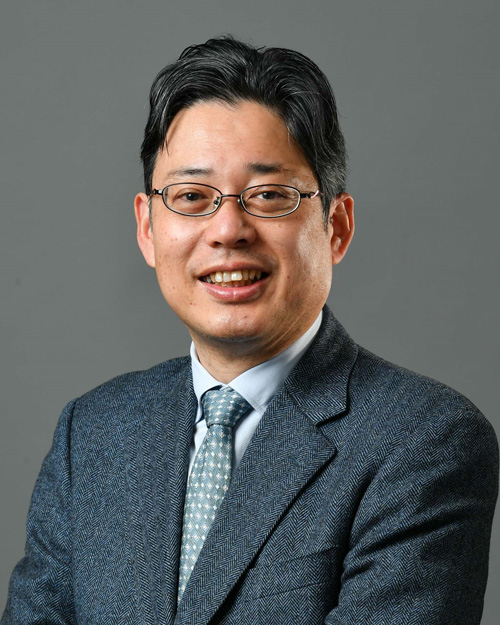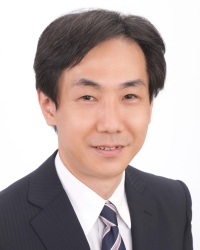Message
April 1, 2024
Greetings from the Head of Department

-
The Department of Advanced Interdisciplinary Studies was set up in 1992 within the Graduate School of Engineering, the University of Tokyo (UoT). It brings together some of the best and brightest researchers from a diverse range of fields in the Research Center for Advanced Science and Technology (RCAST), which is a substantive operating entity of UoT. True to its name, the AIS is engaged in advanced and interdisciplinary education and research activities in specific academic fields including information, materials, the environment and energy, chemical biomedicine, barrier-free studies and other natural sciences, as well as the humanities and social sciences such as economics, law, politics and the arts. AIS also closely adheres to the RCAST philosophy of "University open to the society" and follows this as its mission, by distinctively focusing on using the findings of collaborative research with companies and local governments for the benefit of society.
Last year, AIS celebrated 30th year anniversary, and we have produced more than 500 doctoral degree holders from a wide range of students including working adults and international students.While it is said the workforce participation of people with doctorate degrees in Japan is still not at the level of Western countries, recently not only academic institutions but also corporations have become increasingly interested in hiring doctorate degree holders. As technology continues to transform and advance, companies are being asked to come up with even more groundbreaking innovations. This requires personnel who can return to more fundamental theories and apply scientific research processes to produce new findings.
Innovations that have a huge impact on society often result from the synergy of differing technologies. This emphasizes the importance of obtaining a deep understanding of research in specialized fields, while also actively working with researchers in different fields. This is one reason why RCAST is an ideal location for AIS to operate in.
At a glance, the two words advanced and interdisciplinary may sound somewhat contradictory. However, they resonate with the open and advanced research in scientific and technology that the AIS is bringing to society. Everyone at the AIS warmly welcomes all who would like to join us in taking on new challenges in advanced interdisciplinary studies.
Kazuyuki MOTOHASHI
Head of Department
Department of Advanced Interdisciplinary Studies,
Graduate School of Engineering, The University of Tokyo
Greeting from the Director of Managing Committee

-
In today's rapidly changing world, the challenges facing human society are becoming increasingly complex and multifaceted. To find truly effective solutions to issues such as climate change and other global environmental problems, population growth, securing sustainable energy, medical advancements, and social polarization and extreme competition, it is not only essential to analyze research subjects based on high levels of specialization but also to integrate knowledge and ideas from different fields in a complementary manner with interdisciplinary collaboration. This enables us to pursue an in-depth understanding of the world around us and discover solutions to those issues.
The Department of Advanced Interdisciplinary Studies is home to faculty members from a wide range of research fields, including natural sciences, life sciences, information sciences, and social sciences. In addition to conducting cutting-edge research in their respective fields, they constantly seek opportunities for interdisciplinary collaboration and launch joint research projects. Additionally, by offering unique educational and research programs that leverage these traits, we aim to cultivate individuals who can lead society in the future by acquiring high-level expertise and an interdisciplinary approach, and we also teach how to conduct research with a strong awareness of both how to implement it in society and the potential of doing so.
We encourage you to join our department and not just attend lectures, but also eagerly seek new ideas and perspectives, especially from lectures outside your own field of expertise. Actively participate in various educational programs and other exchange events outside of lectures, learn from our faculty members who are excellent researchers as well as mentors, and interact with fellow students from diverse backgrounds to not only deepen your research but also broaden your horizons as a researcher and as a person. The personal network you build here will be invaluable for your future career development. We hope you will make the most of this opportunity to become part of one of the most interdisciplinary programs at the University of Tokyo, and that you will one day graduate as individuals who can make a significant impact on society and contribute to solving the challenges facing humanity.
Hirochika SUMINO
Director of Managing Committee
Department of Advanced Interdisciplinary Studies,
Graduate School of Engineering, The University of Tokyo


